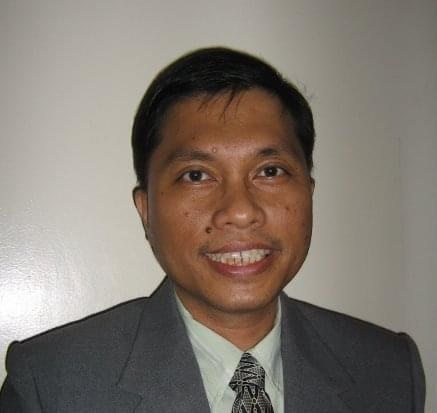OBLIQUE OBSERVATIONS
By Atty. Gilberto Lauengco, J.D.
Political marketing
Share
“I must study politics and war that my sons may have liberty to study mathematics and philosophy” - John Adams
This week, El Salvador’s popular and controversial president, Nayib Bukele, was re-elected by a landslide majority. A stunning 82.66 percent of or 2.7 million of the 3.2 million voters in the said country cast their vote in his favor. His opponents, Manuel Flores and Joel Sanchez, only got 6.25 percent and 5.44 percent, respectively.
Bukele’s victory comes as no surprise to many; he is widely popular among his countrymen. His aggressive crackdown on El Salvador’s gangs endeared him to many who had long suffered from the pernicious effects of these vicious elements of society. His critics, however, have been harping about his alleged “authoritarian” tendencies. During the elections, his political rivals pointed out how he skirted their country’s one term rule embedded in their constitution, increased the powers of his office, steamrolled through his opposition and all critics in general and cut corners in his zeal to eradicate El Salvador’s long problem on crime.
Despite all the accusations thrown against him, how did Bukele achieve his massive victory? Apparently, while his political adversaries focused on political ideologies, Bukele focused on effectively using political marketing. Political marketing, as a method, employs various tools of marketing and communication to deliver a finely crafted message to the electorate. Political science and ideology deal with ideas while political marketing deals with methods.
In Bukele’s case, it started with market research. Market research showed that a vast majority of the people in El Salvador wanted to get rid of the criminal gangs and recover their communities at all costs. The research showed that people were willing to give up some of their freedoms if it meant being able to walk safely in the streets again. The people wanted something different from their old politicians. With that, Bukele crafted his brand as the cool authoritarian and political disruptor who would clear the streets with heavy handed methods but done with panache. Bukele’s skills in social media management, then enabled him to implement a strategy of deft message delivery, careful opinion monitoring and engineering, and constant infusion of positive reinforcement. In the end, he was able to mesmerize a vast majority of his people with his fresh take on populism. These methods of product branding, narrative crafting and message delivery are staples of any marketing campaign.
Bukele’s political methodology is now being called by many as ‘Bukelism’. Several pundits have expressed their alarm over Bukele’s methods and how it is now being adopted in many other countries. Whether you agree with Bukele’s tactics or not, it cannot be denied that they are effective. For those who want to oppose or emulate him, a careful study of this new iteration of political populism is imperative.
This semester, the Ateneo de Manila School of Management has launched a new and experimental class in political marketing. It is hoped that a proper study on this increasingly used political method can equip the new generation of political strategists with the proper tools to analyze and dissect the emerging trends in political campaigns. Perhaps the traditional centers of political study would do well to take political marketing more seriously now. The study of these matters may be abhorrent to many but it is increasingly necessary.
This is my oblique observation.
Editor’s note: The opinions expressed in the foregoing article are solely the author’s and do not reflect the opinions and beliefs of the Philippine News Agency (PNA) or any other office under the Presidential Communications Office.
Comments
About the Columnist

ATTY. GILBERTO LAUENGCO, J.D. is a lawyer, educator, political strategist, government consultant, Lego enthusiast, and the director of CAER Think Tank. He is a Former Vice Chairman of MECO, Special Assistant of NFA and City Administrator among others. His broad experience has molded his unique approach to issues analysis which he calls the oblique observation.
